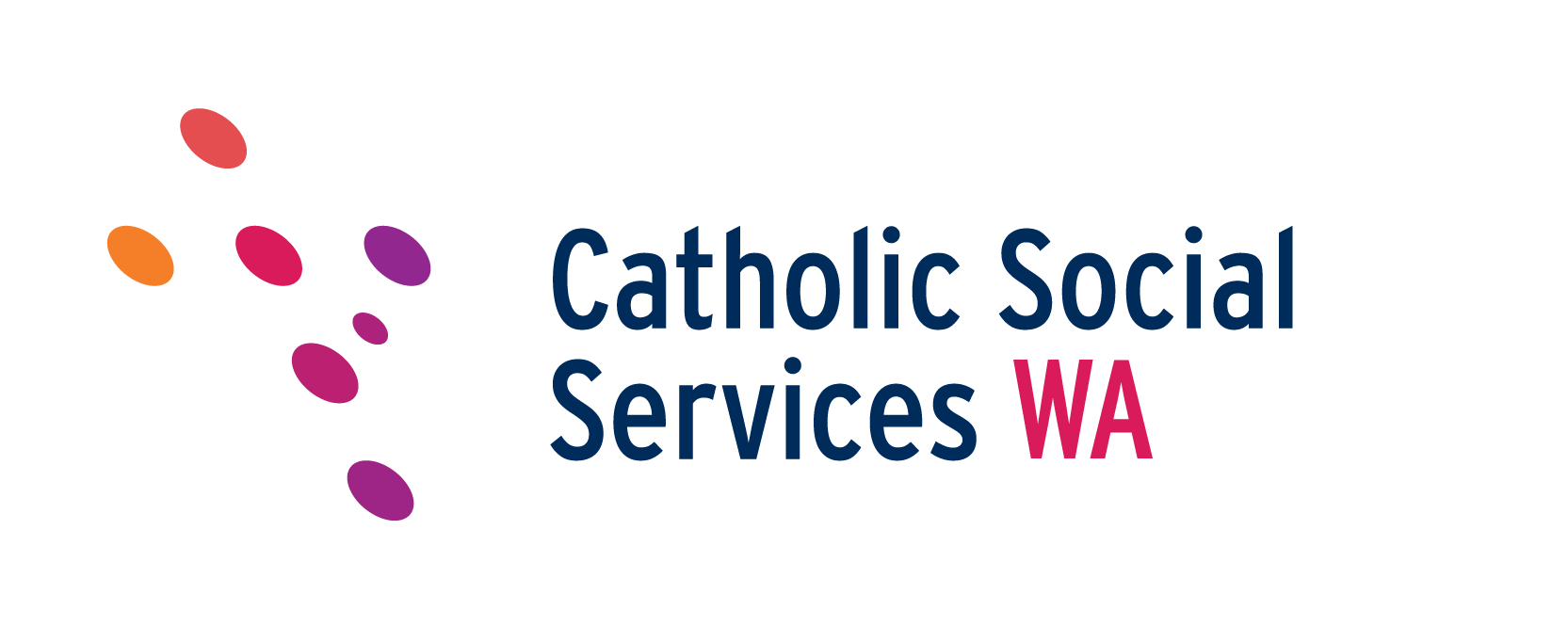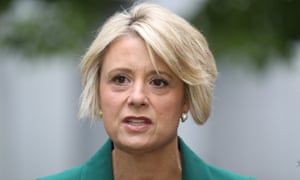Australia’s efforts to tackle modern slavery are at risk of being thrown off course because the government’s newly appointed expert panel is dominated by business interests, according to campaigners and legal advocates.
Labor’s home affairs spokeswoman, Kristina Keneally, said it was hard to understand how the government could comprehensively address modern slavery with an advisory group “that contains no representation from the groups who work directly with workers who are working in slavery or at risk of slavery”.
The group – set up to advise the government on how it implements the new modern slavery laws – has five permanent members. These are the Australian Chamber of Commerce and Industry, the Australian Industry Group, the Business Council of Australia, the Law Council of Australia, and the Global Compact Network Australia – a network that brings together companies and other groups that have signed up to the UN’s corporate sustainability initiative. Unions and civil society groups are not represented.
Last month the government announced 10 further appointments after a call for nominations, including representatives from Telstra, Bunnings, Ausbil Investment Management, Lendlease Corporation, the Country Road Group and David Jones. Academics are also among the new appointees.
Michele O’Neil, the president of the Australian Council of Trade Unions, said the advisory group was “incomplete and ill-informed without workers’ voices at the table”.
Keren Adams, a legal director at the Human Rights Law Centre, said she was concerned about “the total absence of representation by either trade unions or civil society organisations but really any organisations that are working on the ground with people who are meant to be affected by these laws”.
“The laws will be driven by the very companies that are supposed to be regulated by the new legislation,” she said. “If Australia wants to be seen as a world leader on these questions, it needs to be making sure it’s actually hearing from people working with communities and people who are affected. Otherwise it may go completely down the wrong course.”
Adams said the Covid-19 pandemic had thrown supply chains into disarray and heightened the risk of worker exploitation, given that there has been a massive increase in orders of some products including gloves, while other sectors have had orders cancelled leading to job losses.
She said Australia’s Modern Slavery Act – passed in 2018 – was only “a small first step” and “pretty light-touch legislation”, and she hoped it would be toughened up with penalties when it was reviewed at the three-year mark.
“There’s a lot of self-regulation by businesses. If you don’t even have oversight in terms of people advising the government who have the interests of workers front and centre, I think there’s a real risk that businesses are going to be able to get away with a tick-a-box approach.”
The Modern Slavery Act will require Australia’s largest businesses – those with annual consolidated revenue of more than $100m – to publish annual statements on the steps they are taking to address modern slavery in their supply chains and operations.
Carolyn Kitto, the national co-director of Be Slavery Free – a coalition of community and civil society groups working to end modern slavery – pointed to the Australian Border Force’s guidance material on modern slavery.
The document encourages businesses to collaborate with civil society organisations and workers and their representatives “to strengthen your entity’s response to modern slavery”.
“If the minister’s own guidance material says this is how you find a good way forward, it would be prudent to take the advice for his own committee,” Kitto said, adding: “The risk of [the expert advisory group] being too business-dominated is the business is always seeking to reduce the compliance that may be necessary, but when the voices of civil society and workers are included they tend to change their mind.
“Likewise, if this was only a civil society group, the civil society group would come up with options that may not work for business. That’s why it needs to have representation across the board.”
Jason Wood, the assistant minister for customs, community safety and multicultural affairs, has described the group as “a world-leading initiative that brought together key experts with practical knowledge and expertise in combating modern slavery”.
But Keneally wrote to Wood on Monday to raise “significant concerns” about what the expert advisory group would be able to achieve without representation from civil society organisations and unions.
“From the seventy applicants, not a single appointment has been made from those who are working directly with workers at risk of modern slavery,” she said in her letter to Wood.
The senator called on the government to broaden the group’s membership, echoing the approach it took during the pandemic.
An Australian Border Force spokesperson said the government wanted to ensure the Modern Slavery Act drove “long-term change” and feedback from businesses was “vitally important”.
The spokesperson argued the advisory group complemented the existing national roundtable on human trafficking and slavery, which included the ACTU and civil society groups.
Labor called for a debate on “the Morrison government’s incompetence” over the issue in the Senate late on Tuesday, prompting Coalition senators to denounce “political point-scoring”.
The Modern Slavery Act’s reporting obligations are expected to affect roughly 3,000 companies. Some reporting deadlines have been delayed due to the pandemic.

